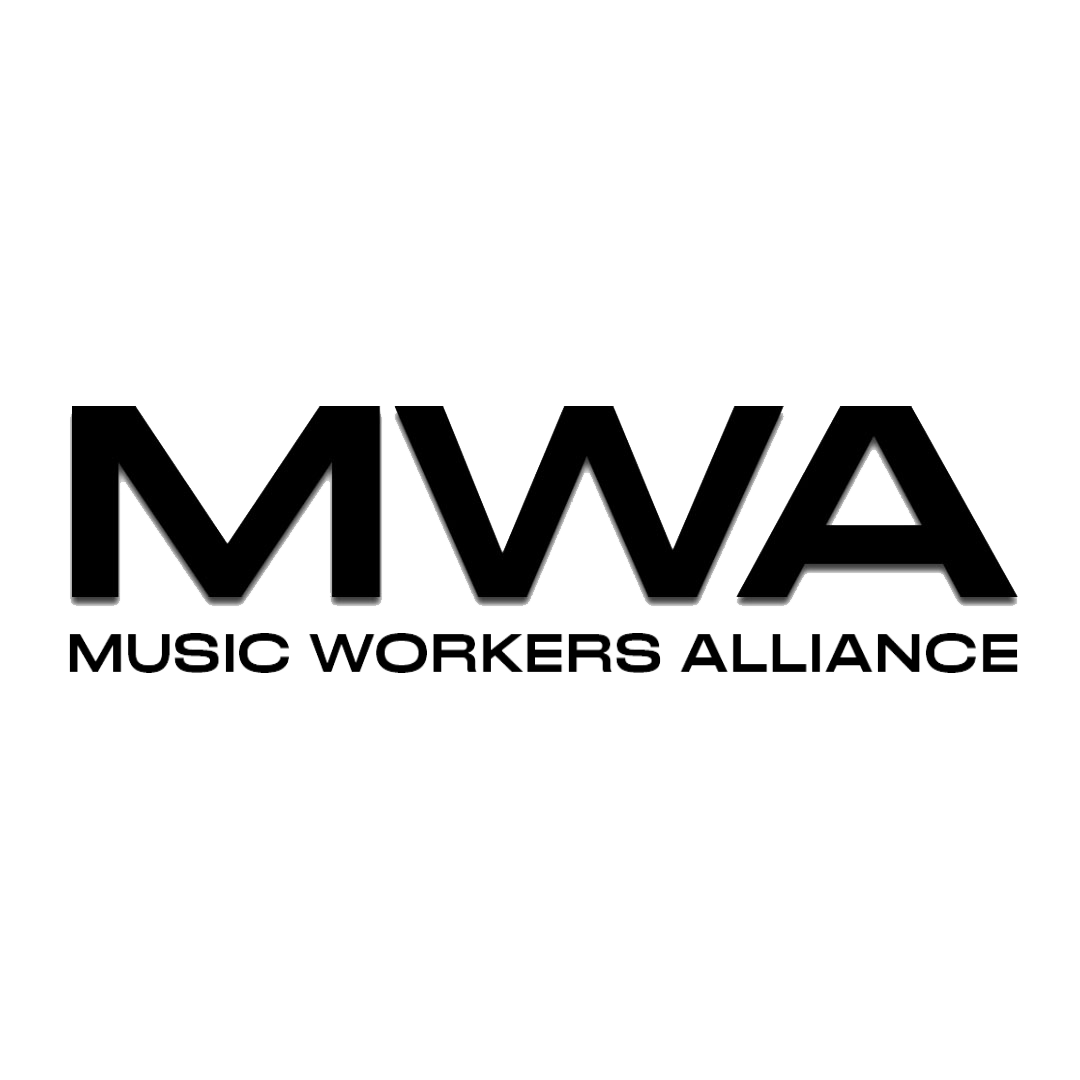Resources Main Grants Residencies Anti-Procrastination Tips
Grant/Residency App Writing Tips
Tips to Write A Strong Grant Application
#1
👻💚 Don’t be afraid of rejection!
No one gets every grant they apply to!
You won’t get some grants. You’ll get some grants on your 5th try, or your 10th, or your 15th.
Being rejected by one grant does not mean that you will never receive any grants. (See this classic Onion headline: Report: Feeling Bad Right Now Most Reliable Predictor Of Feeling Bad Forever.
Most artists who are successful at getting grants make applying for grants a regular part of their freelance career. They keep a list of deadlines, and apply whenever those come up.
Sometimes they have good years, sometimes they have bad years. The important thing is that they apply.
You can’t get a grant you don’t apply for!
You really have nothing to lose by applying. Sometimes, you can even get feedback on an unsuccessful application afterwards, which can really help making your application stronger the next time you apply.
#2
👀 Read the website description of the grant
& Take notes while you do it!
Granting organizations are usually really clear about exactly what they’re looking for. If you don’t see yourself echoed in that description, or don’t think you’re x y or z enough, this doesn’t mean you should be frightened off.
It’s better to figure out what the organization wants, and then decide which aspect of what you do, or want to do, that could fit in with that!
Match their tone, and focus on the things that they are looking for. This doesn’t mean watering your art down, or being insincere, it just means highlighting the things you already do that will speak to the organization’s priorities!
For example, they might say something like “Our foundation supports early-career artists who are creating risk-taking new work that spans a variety of mediums”. This organization is clearly interested in risk-takers, so focus on what aspects of your work are more courageous.
Even if you’re a staunch traditionalist, maybe some aspect of what you’re doing feels risky to YOU, so focus on that!
#3
🗣Watch your tone!
Real people, often your peers, will be reading your application and listening to your audio samples, often after many hours of reading other people’s applications. You’re definitely not writing to uninformed bureaucrats.
If you come across as arrogant, that can turn some people off. An example of this would be if you, as a 20-year old jazz trumpet player who’s submitted a piece that’s a clear homage to Miles Davis, speak about how your music is “genre-defying and unlike anything anyone’s ever heard before”. You don’t need to speak in superlatives to write a good application, and you don’t need to be the best artist in the world to get a grant.
Be honest about who you are and what it is you want to do, and your application will be much stronger.
#4
💸 Make a realistic budget!
If it’s the sort of grant where you need to submit a budget, don’t ask for too much money (panelists can see right through it if your numbers are vastly inflated), but also don’t ask for too little.
Keeping in mind that the panelists are often fellow freelance musicians, it can often ring alarm bells for them when they see applicants lowball the people that they’re working with for the sake of keeping the budget low.
An example of setting your budget too low:
Studio: $1200
Mixing: $800
Mastering: $500
Musician Fees (10 musicians at $50 each): $500
Total: $3000
See the problem? (Hint: Don’t pay your side-people $50 for a day of recording!)
Be realistic, and be fair! Look up the union rates if you’re unsure what a good wage is. If you’re applying for a grant, you should be applying for a living wage for your fellow music workers.
If you’re trying to keep your budget low so that you fit into the grant’s parameters, consider specifying that the grant would only be funding your studio and production costs, rather than fitting your entire budget into the specifications of the grant.
#5
🔊 Send good quality audio samples that are as relevant as possible to your project!
Panelists are often spending hours going through grant applications, you want your music to sound as professional as possible. If you don’t have a professional recording that’s ok - not everyone does! But just try to consider that the higher the sound quality, the better you’ll come off.
#6
👩🏿🤝👨🏼Get a friend to proofread!
You probably made some typos - it’s normal!
Just ask a friend to read it over and make sure it’s coherent, reads well, and that you didn’t spell the name of the venue you used to work at incorrectly!
Good luck out there, and get some $$!
